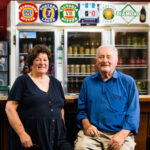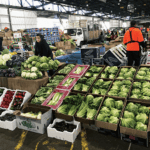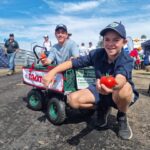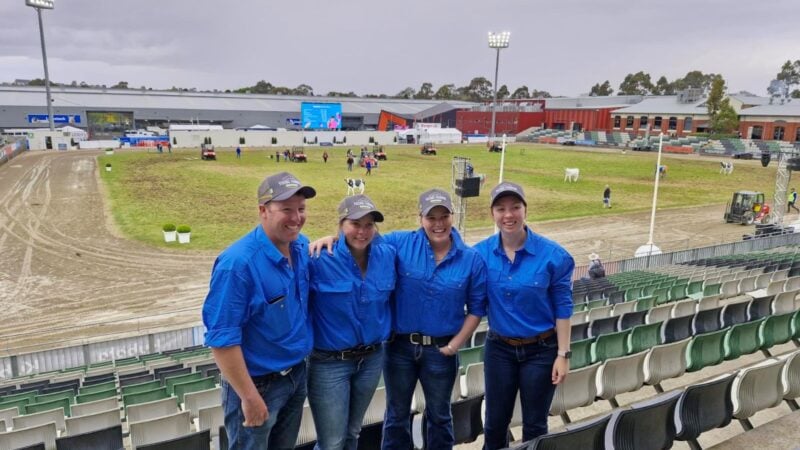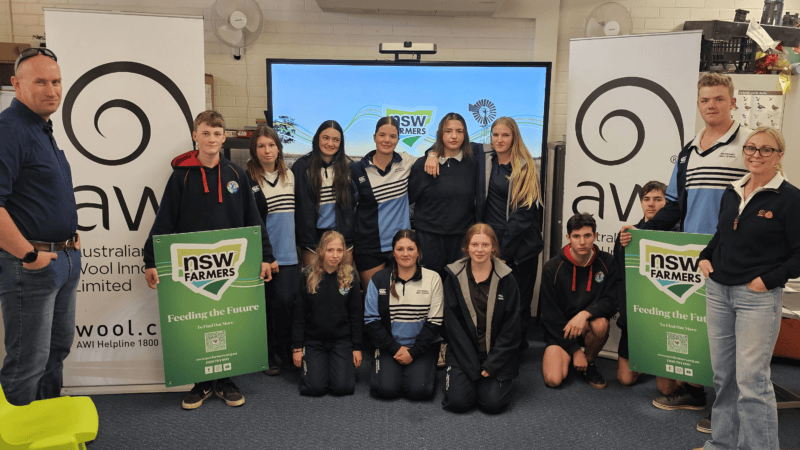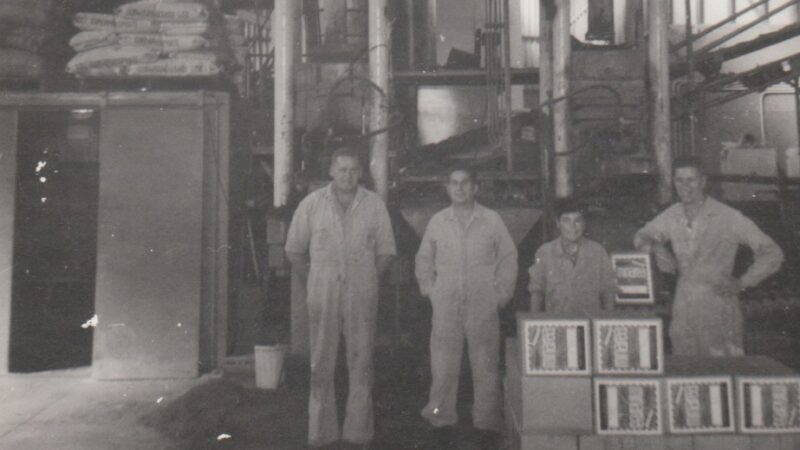The pastoral town of Ivanhoe was headed for a deep slumber in 2020 after a…
Sober in the Country is changing the narrative of booze in the bush
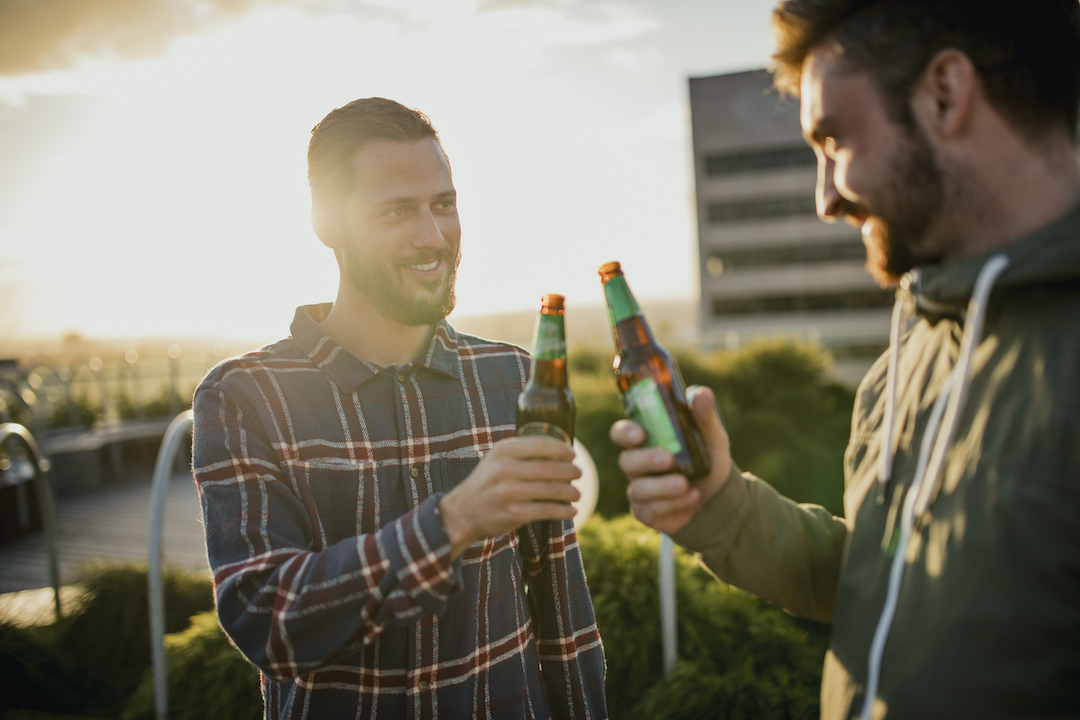
Sober in the Country (SITC) is a grassroots not-for-profit pioneering radical change and social impact across rural Australia by shifting the narrative around booze in the bush.
During her younger years in corporate agriculture, Shanna Whan, founder, CEO and advocate of Sober in the Country, says she had a �bit of a reputation for being wild�.�
She recalls that she was always the one most likely to get into strife or push the boundaries.
�I was the loud one, the last one up at sunrise during agricultural work drinks or conferences � the bad influence,� she says.
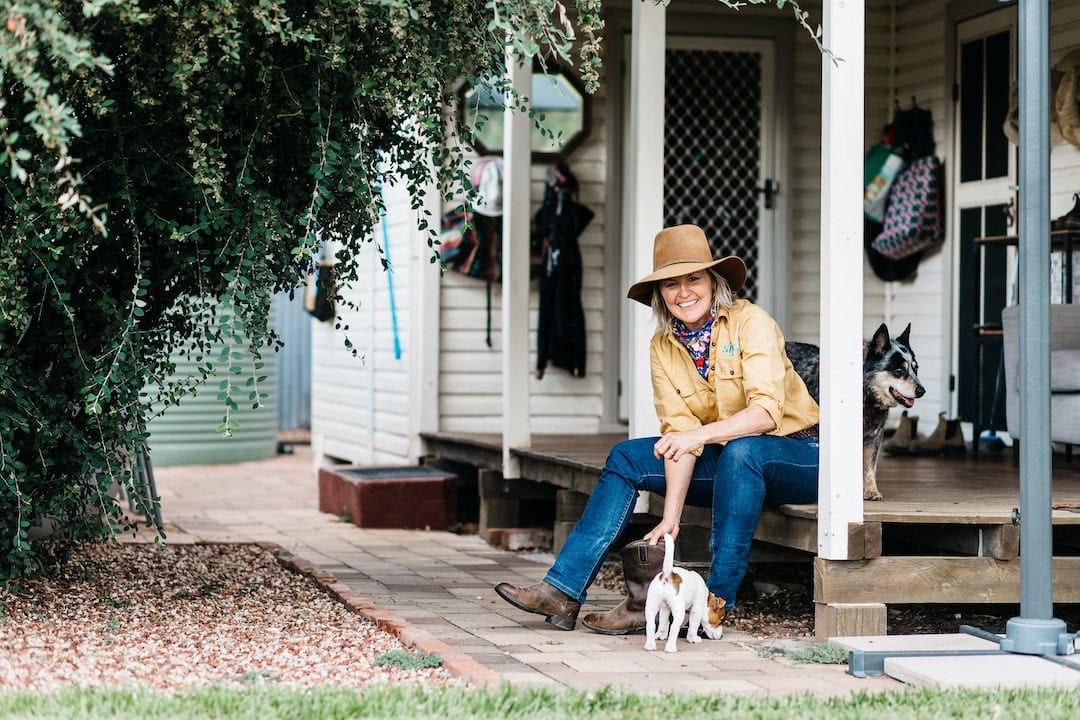
Shanna describes herself as a child of resilience, often reflecting on her family heritage and the parallels she shared with her beloved late father, Bucky Rowlands.
�He was a widely recognised leader in Australian agriculture after rebuilding his own life from ground zero,� she says. �He left war-torn Zimbabwe to start over in Australia in the early 1970s with $200, a young family, and no idea what was coming next.�
The tides of change
Shanna certainly never imagined that 20 years down the track, she�d almost lose her life to alcohol addiction and subsequently recover, against all the odds.
She was named Australian of the Year � Local Hero 2022 and was chosen as one of 10 Aussies to represent rural Australia on the international stage for Queen Elizabeth II�s funeral. More recently, Shanna was invited to be one of the key voices at a National Farmers Federation forum on mental health.
�I have spent time recently reflecting on how sincerely thankful I was to be included in that forum because to me it�s clear that if we ever want to be taken seriously as a nation that�s leading the way in sustainable agriculture, we must first recognise the importance of focusing on sustainable people in agriculture,� she says.
�Honestly, we aren�t doing a terrific job, because we all still struggle to look one of our biggest physical and mental health challenges in the eye � and that�s the harm alcohol causes.�
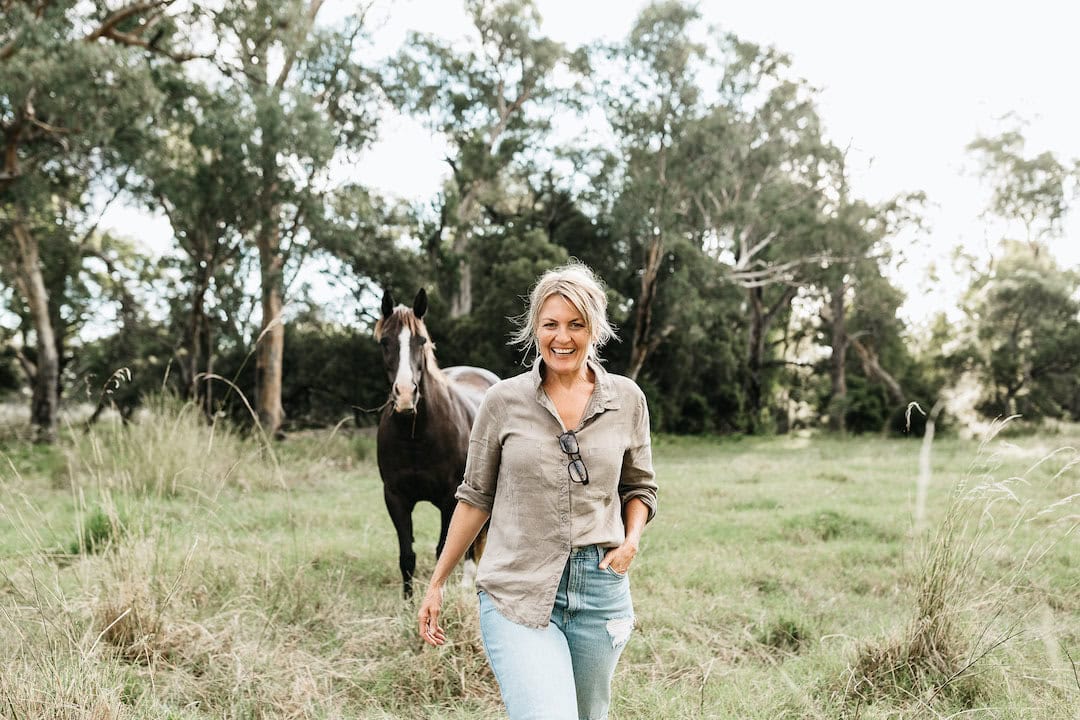
Shanna says that�s why she does what she does, and why she has spent a decade formulating a language and discussion that resonates with what she describes as the hardest-to-reach audience of all.
�I�ve now travelled Australia upon invitation for the better part of a decade to speak about the work of Sober in the Country and our widely recognised user-friendly message that it�s #OK2SAYNO (to booze),� she says.
�Each and every audience gets asked the same question: is there anybody here who has never been impacted directly or indirectly by alcohol harm? Only two hands have ever gone up.
�I get it. It�s hard and uncomfortable at first, and I can tell you for a fact that you don�t just stroll into a crowd of tough rural farming people and raise the issue of alcohol use or, indeed, addiction without some very, very carefully laid plans, a tonne of humour, and a crystal-clear message that you�re not there to judge or preach.�
Shanna says SITC is taking the focus off the problem and instead focusing on the solution of simply being better mates and ensuring everyone collectively supports those choosing less alcohol, or none at all.
�Neither myself as a person, nor SITC as a charity, approach anything with an evangelical or prohibitionist lens,� she says.
�It doesn�t work, and it never will. I know that better than anyone. But when we start an upbeat, user-friendly chat about a hard topic, half the battle is done, and then we can get to work behind the scenes supporting those who suddenly feel less ashamed to acknowledge they�re not doing so great.�
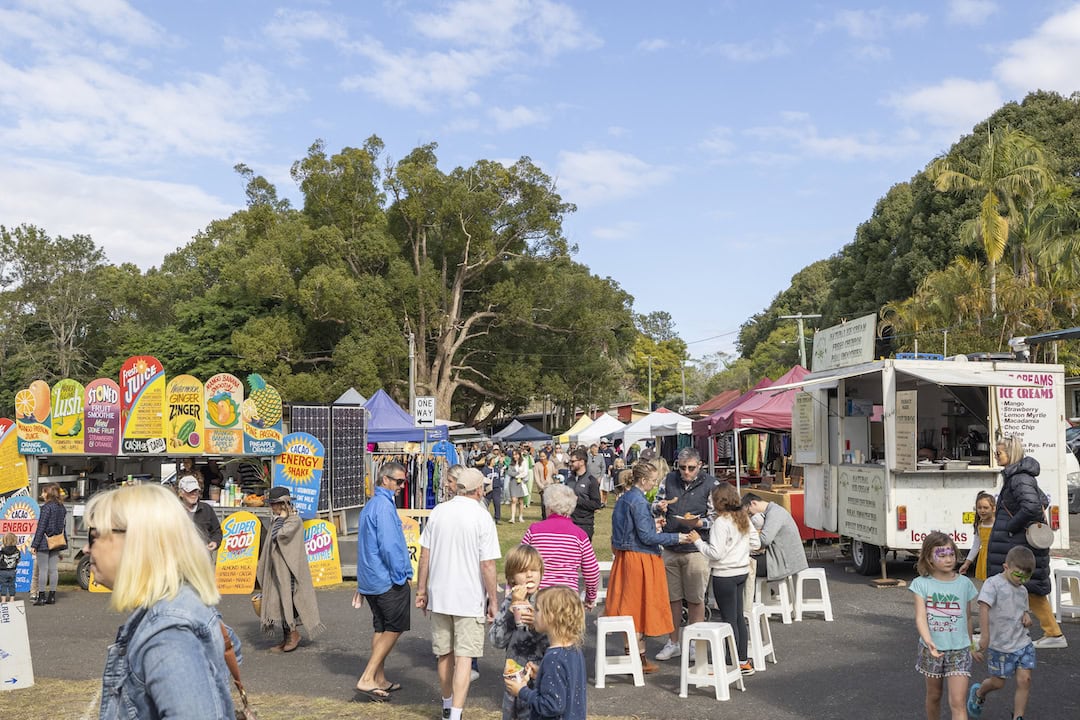
Shifting the narrative
Shanna says many of the big-ticket items, including mental health, suicide, depression and even OH&S, are linked to alcohol.
�This is why at the NFF mental health forum, my message to the other leaders in the mental health arena was to ask others to stop turning a blind eye to the elephant in the room and to get in the trenches with us and help out,� she says.
�I put out the same call I�ve been putting out for years now � to ask that other organisations and individuals take the focus for our community events, sports and race days, fundraisers and workshops, off alcohol, and put it back on the�community.�
Shanna says that when organisers ensure a range of tasty, healthy and thoughtful alternatives are on offer, rather than assuming everyone wants to drink, is a really great conversation to develop.
She adds that non-drinkers, and even those who love a social drink or two, are desperate to see something other than a bottle of water, a token can of sugary soft drink or a lukewarm urn in the corner of a room.
�When the entire community, not just the drinkers, are truly included, lives are impacted and changed,� she says.
Shanna has heard many firsthand stories from isolated men in particular, who are battling complex mental health scenarios, and who feel excluded because anything and everything to do with social interactions in a rural or farming community is so often focused on alcohol that they simply can�t take part.
�These are vulnerable people who absolutely have to stay alcohol-free to stay afloat,� she says.
But the good news, according to Shanna, is that change is happening. She has seen this change at many of the ag and farming communities she�s travelled to.
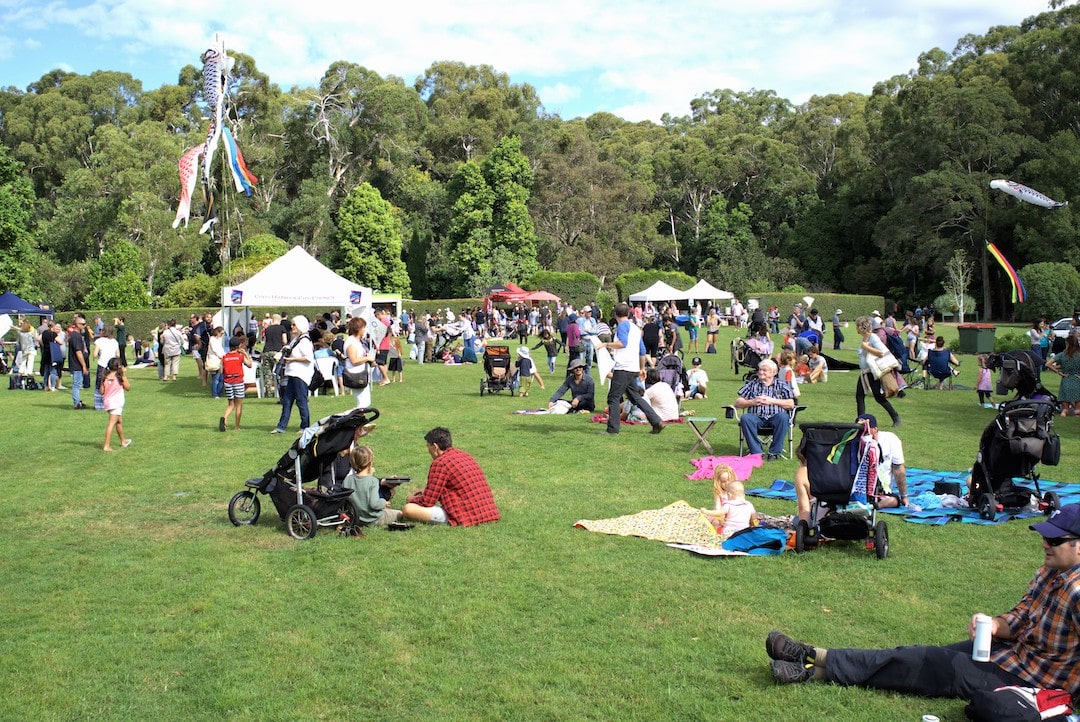
�The pubs and clubs now have at least one zero-alcohol beer on tap, or the footy club is now including ticket prices for drinkers and those opting out,� she says.
�They�re receiving incredibly positive feedback from non-drinkers and drinkers alike who simply love seeing and having a choice.�
When asked about being the �wild one� all those years ago, Shanna says she realises she was never actually wild � she was wounded, and used alcohol as a form of self-medication and a smoke screen to hide behind.
�The more I speak candidly about that experience, the more rural Australians are opening up to share that they, too, were never really drinking for fun as much as they were drinking to ease pain or deal with loneliness, suffering, or fatigue,� she says.
Sober in the Country operates via advocacy and awareness and also has an online peer support network called the Bush Tribe, where more than 2,000 rural and remote Australians have found help, a home, and a safe place to work towards better health.
Shanna says the lives being saved and changed daily through that simple, supportive connection is mind-blowing. �It is the greatest thing I have ever been privileged to be a part of.�
What is Sober in the Country?
Sober in the Country is a grassroots not-for-profit pioneering radical change and social impact across rural Australia by shifting the narrative around booze in the bush. Far from being prohibitionist, the charity is all about social inclusion.
Sober in the Country uses a trademark mix of straight �bush talk�, powerful lived-experience advocacy, and their nationally recognised #OK2SAYNO (to booze) mental health movement.
For more information, visit soberinthecountry.org


